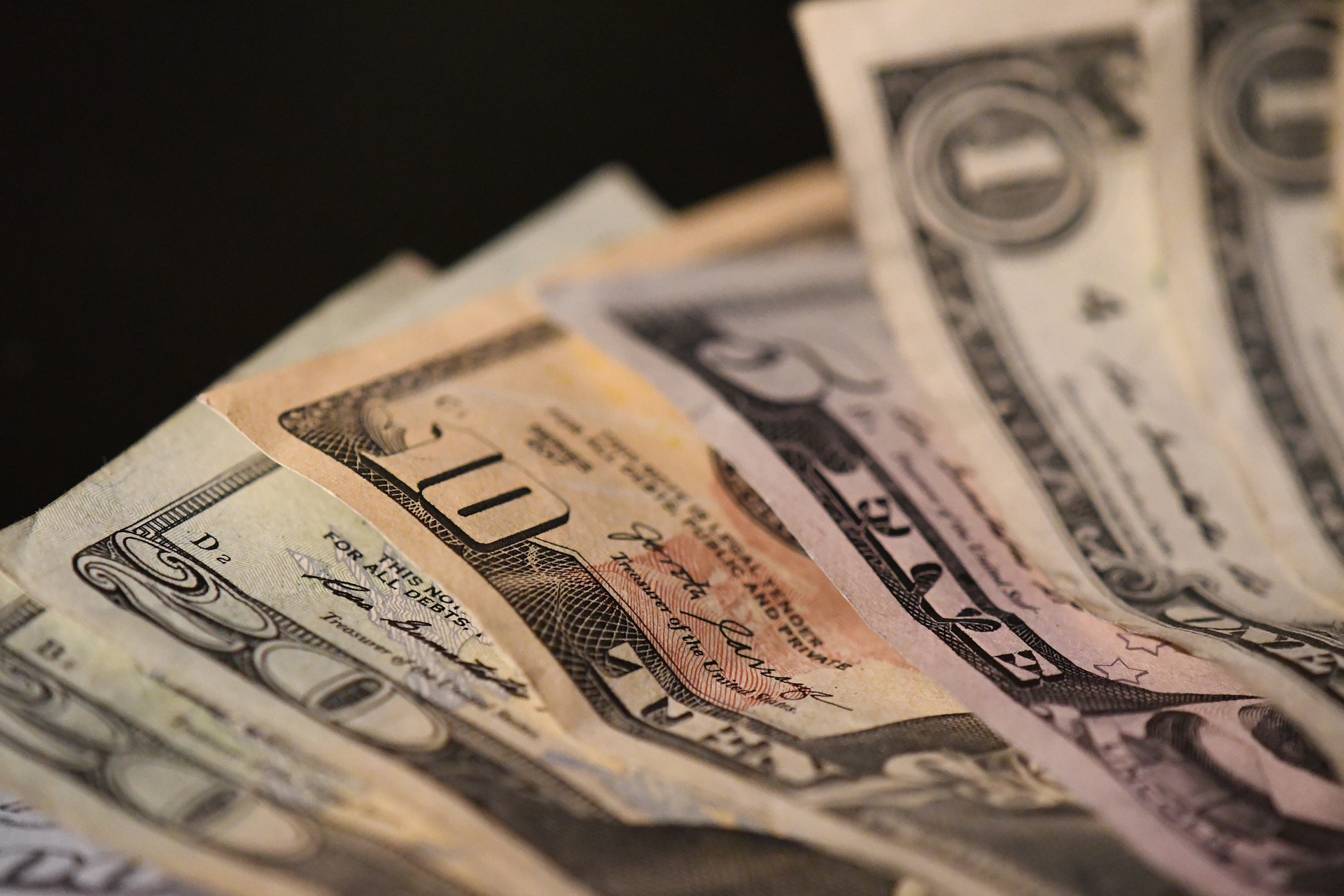
09 Dec If I sell my N.J. condo, will I owe capital gains tax?
Photo: pixabay.comQ. I lived in New Jersey from 1986 until I changed residency to Florida in 2015. I keep the New Jersey condo as a second home for myself with no renting. I plan on selling the New Jersey condo and buying another one, also in New Jersey, as a second home. How will taxes affect this sale and purchase? The properties are in a revocable trust.
— Homeowner
A. There are several issues to consider here.
It’s important that the property is a second home and not a primary residence.
That means the sale may be subject to capital gains tax, said Leo Chubinishvili, a wealth advisor with Access Wealth in East Hanover.
He said if you profit from the sale, the gain will likely be taxed at capital gains rates of 0%, 15% or 20%, depending on your income level.
Additionally, he said, New Jersey does not offer exclusions on capital gains for second homes. Therefore, you will owe state capital gains tax on any profit from the sale, Chubinishvili said.
“In fact, New Jersey imposes a non-resident tax — commonly referred to as the `exit tax’ — when selling real estate,” he said. “The tax ensures that New Jersey collects any capital gains tax due, and the amount is generally either 2% of the sale price or 8.97% of the gain, whichever is higher.”
This is not an additional tax but a prepayment of your New Jersey capital gains tax liability, Chubinishvili said.
Buying a new condo in New Jersey does not trigger any immediate tax, he said.
“In this case, a revocable trust is disregarded for tax purposes,” Chubinishvili said. “The home sale transaction will be treated as if you owned the property directly.”
Email your questions to Ask@NJMoneyHelp.com.
This story was originally published in December 2024.
NJMoneyHelp.com presents certain general financial planning principles and advice, but should never be viewed as a substitute for obtaining advice from a personal professional advisor who understands your unique individual circumstances.

